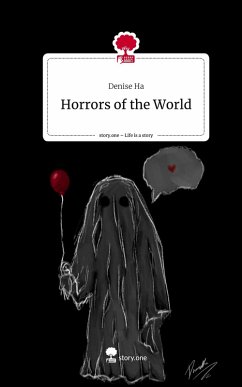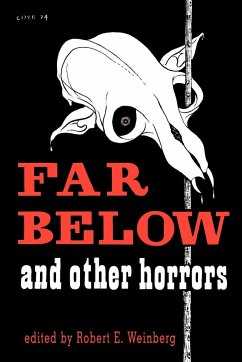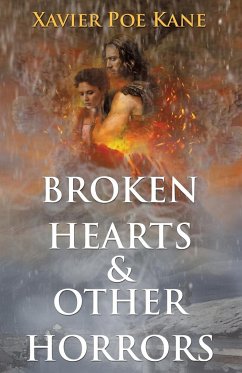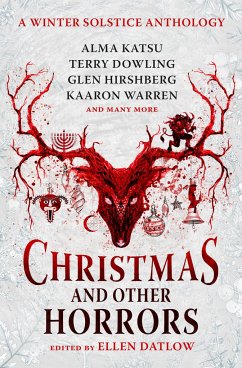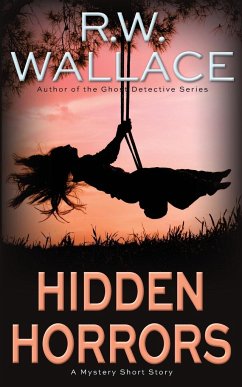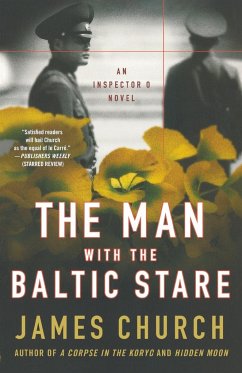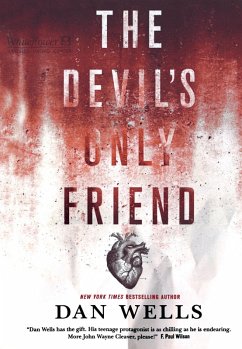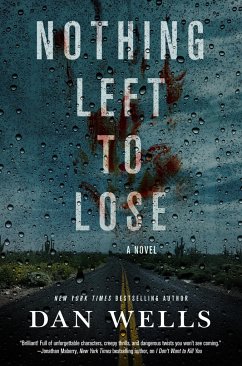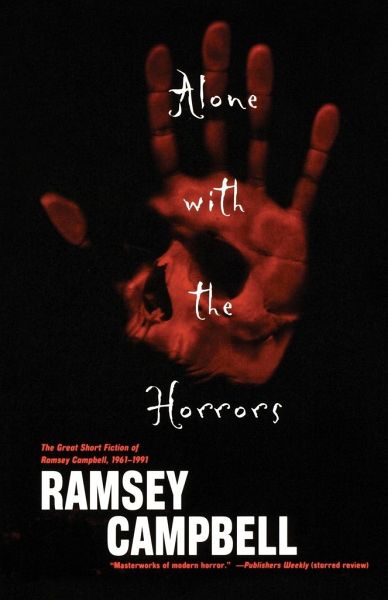
Alone with the Horrors
The Great Short Fiction of Ramsey Campbell 1961-1991

PAYBACK Punkte
12 °P sammeln!
Ramsey Campbell is perhaps the world's most honored author of horror fiction. He has won four World Fantasy Awards, ten British Fantasy Awards, three Bram Stoker Awards, and the Horror Writers' Association's Lifetime Achievement Award. Three decades into his career, Campbell paused to review his body of short fiction and selected the stories that were, to his mind, the very best of his works. Alone With the Horrors collects nearly forty tales from the first thirty years of Campbell's writing, including several award-winners. Campbell crowns the book with a length preface-revised for this editi...
Ramsey Campbell is perhaps the world's most honored author of horror fiction. He has won four World Fantasy Awards, ten British Fantasy Awards, three Bram Stoker Awards, and the Horror Writers' Association's Lifetime Achievement Award. Three decades into his career, Campbell paused to review his body of short fiction and selected the stories that were, to his mind, the very best of his works. Alone With the Horrors collects nearly forty tales from the first thirty years of Campbell's writing, including several award-winners. Campbell crowns the book with a length preface-revised for this edition-which traces his early publication history, discusses his youthful correspondence with August Derleth, and illuminates the influence of H.P. Lovecraft on his work. Alone With the Horrors provides readers with a close look at a powerful writer's development of his craft.




